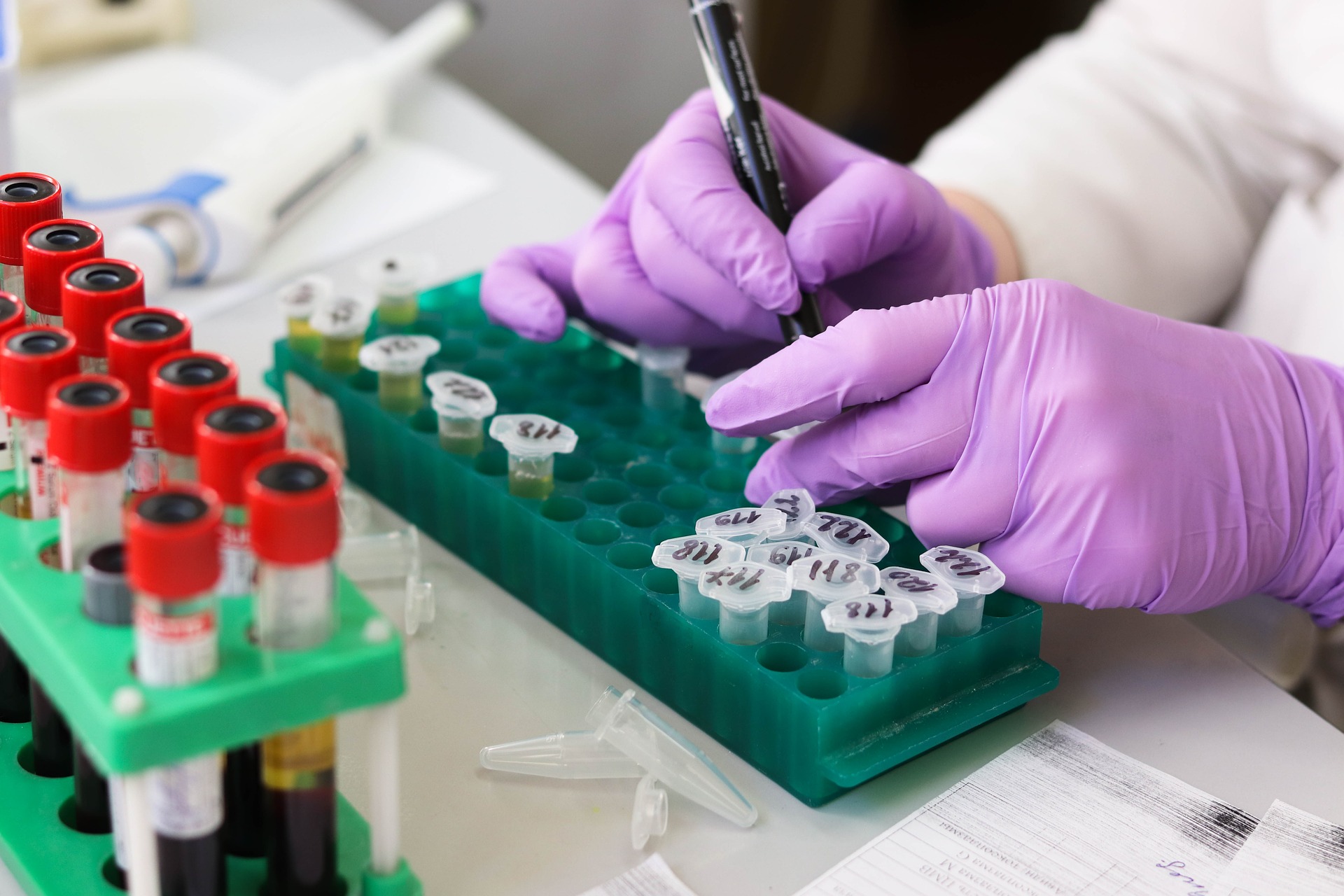 Viral hepatitis is a leading cause of liver cancer and liver transplants. Millions of Americans are living with chronic hepatitis, and most do not know they are infected. In the U.S., the most common hepatitis viruses are hepatitis A, hepatitis B and hepatitis C.
Viral hepatitis is a leading cause of liver cancer and liver transplants. Millions of Americans are living with chronic hepatitis, and most do not know they are infected. In the U.S., the most common hepatitis viruses are hepatitis A, hepatitis B and hepatitis C.
Hepatitis A: A communicable, self-limited disease that does not result in chronic infection. Transmitted through close personal contact with infected persons or exposure to contaminated food and water. The best way to prevent hepatitis A is by getting vaccinated.
Hepatitis B: For some people, hepatitis B is an acute, or short-term, illness; for others, it can become a long-term, chronic infection that leads to serious health issues. Transmitted when the bodily fluid of an infected person enters the body of someone who is not infected. The best way to prevent hepatitis B is by getting vaccinated.
Hepatitis C: For some people, hepatitis C is a short-term illness; for 70% to 85% of people who become infected, it becomes a long-term, chronic infection with serious health consequences. Transmitted through exposure to infectious blood or bodily fluids that contain blood. Injection drug use is the most common means of transmission. There is no vaccine for hepatitis C, but treatment is available. More than 90% of infected persons can be cured with eight to 12 weeks of oral medication.
According to the U.S. Centers for Disease Control and Prevention, thanks to an aggressive vaccination program that launched in 1983, Alaska Native and American Indian (AN/AI) people have the lowest rate of acute hepatitis A among all racial and ethnic groups. There is little difference between the rates of acute hepatitis B among AN/AI people and other racial and ethnic groups. However, AN/AI people have the highest rate for hepatitis C, at 1.32 cases per 100,000 (nationwide, the rate is 0.7 cases per 100,000).
Lifesaving treatments for chronic hepatitis B can slow down liver damage, and new treatments are available that can cure hepatitis C. Getting tested is the only way to know if you are infected.
The Alaska Native Medical Center’s Hepatology and Liver Clinic provides a full range of liver disease and hepatitis services, including screening and diagnosis, education and treatment. For information or to make an appointment, visit https://anmc.org/services/ hepatology-and-liver-clinic.



